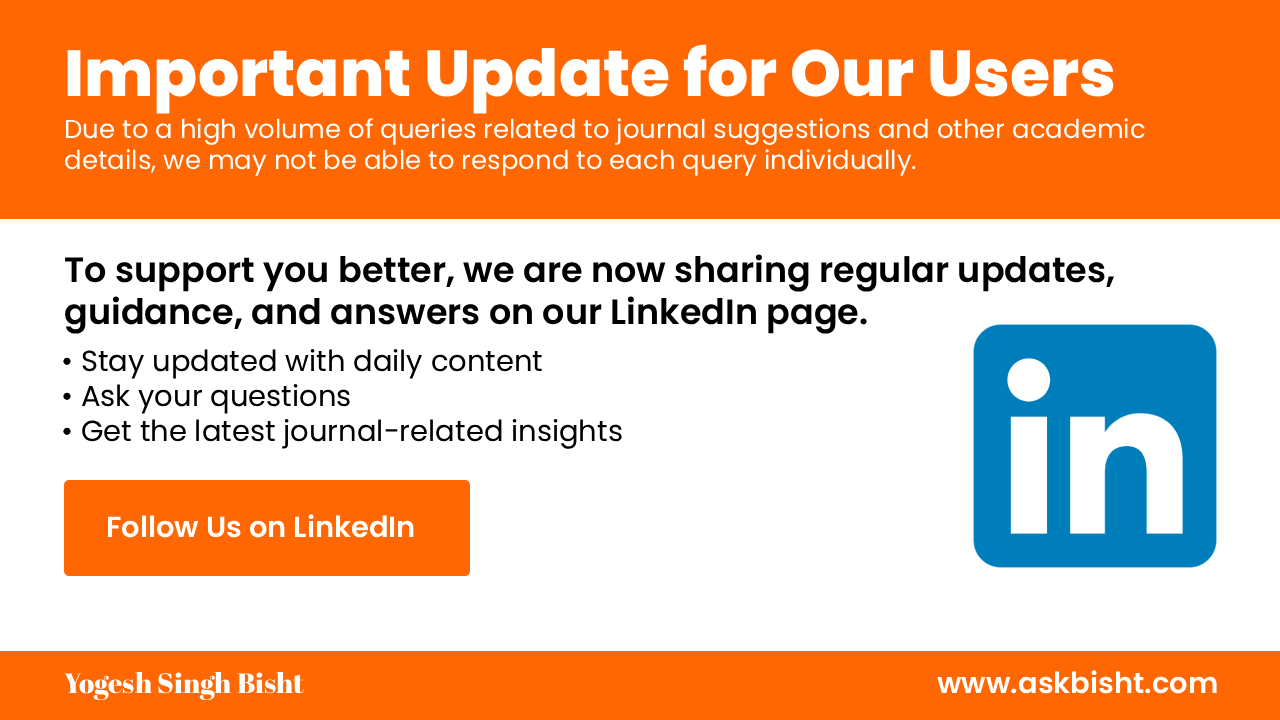Informatics in Education
Published by Vilnius University Institute of Data Science and Digital Technologies (Journal Finder)
ISSN : 1648-5831
Abbreviation : Informatics Educ.
Aims & Scope
INFORMATICS IN EDUCATION publishes original articles about theoretical, experimental and methodological studies in the fields of informatics (computer science) education and educational applications of information technology, ranging from primary to tertiary education.
Multidisciplinary research studies that enhance our understanding of how theoretical and technological innovations translate into educational practice are most welcome.
We are particularly interested in work at boundaries, both the boundaries of informatics and of education.
The topics covered by INFORMATICS IN EDUCATION will range across diverse aspects of informatics (computer science) education research including: empirical studies, including composing different approaches to teach various subjects, studying availability of various concepts at a given age, measuring knowledge transfer and skills developed, addressing gender issues, etc. statistical research on big data related to informatics (computer science) activities including e.g. research on assessment, online teaching, competitions, etc. educational engineering focusing mainly on developing high quality original teaching sequences of different informatics (computer science) topics that offer new, successful ways for knowledge transfer and development of computational thinking machine learning of student's behavior including the use of information technology to observe students in the learning process and discovering clusters of their working design and evaluation of educational tools that apply information technology in novel ways.
View Aims & ScopeMetrics & Ranking
Impact Factor
| Year | Value |
|---|---|
| 2025 | 2.8 |
SJR (SCImago Journal Rank)
| Year | Value |
|---|---|
| 2024 | 0.751 |
Quartile
| Year | Value |
|---|---|
| 2024 | Q1 |
h-index
| Year | Value |
|---|---|
| 2024 | 35 |
Journal Rank
| Year | Value |
|---|---|
| 2024 | 7379 |
Journal Citation Indicator
| Year | Value |
|---|---|
| 2024 | 379 |
Impact Factor Trend
Abstracting & Indexing
Journal is indexed in leading academic databases, ensuring global visibility and accessibility of our peer-reviewed research.
Subjects & Keywords
Journal’s research areas, covering key disciplines and specialized sub-topics in Computer Science and Social Sciences, designed to support cutting-edge academic discovery.
Licensing & Copyright
This journal operates under an Open Access model. Articles are freely accessible to the public immediately upon publication. The content is licensed under a Creative Commons Attribution 4.0 International License (CC BY 4.0), allowing users to share and adapt the work with proper attribution.
Copyright remains with the author(s), and no permission is required for non-commercial use, provided the original source is cited.
Policy Links
This section provides access to essential policy documents, guidelines, and resources related to the journal’s publication and submission processes.
- Aims scope
- Homepage
- Oa statement
- Author instructions
- License terms
- Review url
- Board url
- Copyright url
- Plagiarism url
- Apc url
- License
Plagiarism Policy
This journal follows a plagiarism policy. All submitted manuscripts are screened using reliable plagiarism detection software to ensure originality and academic integrity. Authors are responsible for proper citation and acknowledgment of all sources, and any form of plagiarism, including self-plagiarism, will not be tolerated.
For more details, please refer to our official: Plagiarism Policy.
APC Details
The journal’s Article Processing Charge (APC) policies support open access publishing in Computer Science and Social Sciences, ensuring accessibility and quality in research dissemination.
This journal does not charge a mandatory Article Processing Charge (APC). However, optional open access publication may incur fees based on the publisher’s policies.
Explore journals without APCs for alternative publishing options.
Most Cited Articles
The Most Cited Articles section features the journal's most impactful research, based on citation counts. These articles have been referenced frequently by other researchers, indicating their significant contribution to their respective fields.
-
The Effects of Teaching Programming via Scratch on Problem Solving Skills: A Discussion from Learners' Perspective
Citation: 215
Authors: Filiz, Yasemin
-
Teaching Machine Learning in School: A Systematic Mapping of the State of the Art
Citation: 114
Authors: LÃvia S., Christiane, Jean C. R.
-
Voice Assistants and Smart Speakers in Everyday Life and in Education
Citation: 110
Authors: George, Maya
-
Bebras - a Sustainable Community Building Model for the Concept Based Learning of Informatics and Computational Thinking
Citation: 100
Authors: Valentina, GabrielÄ—
-
Visual Algorithm Simulation Exercise System with Automatic Assessment: TRAKLA2
Citation: 99
Authors: Lauri, Ville, Ari, Jussi, Otto, Panu
-
Teaching Programming in Secondary School: A Pedagogical Content Knowledge Perspective
Citation: 78
Authors: Mara, Jacob, Wim M.G., Bert
-
Teaching Problem Solving Skills using an Educational Game in a Computer Programming Course
Citation: 71
Authors: Roy, Sohail Iqbal, Ragad Moufaq
-
Computational Thinking in Primary School: An Examination of Abstraction and Decomposition in Different Age Groups
Citation: 69
Authors: Wouter J., Lars, Tessa H. S., Jos L. J.
-
Exploration of Augmented Reality in Spatial Abilities Training: A Systematic Literature Review for the Last Decade
Citation: 65
Authors: Christos, Christos, Akrivi, Cleo
